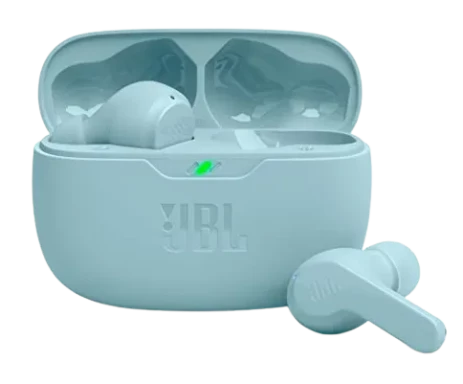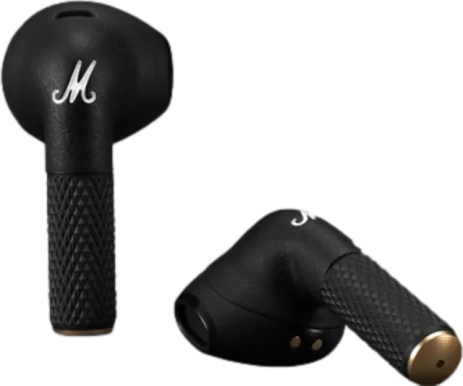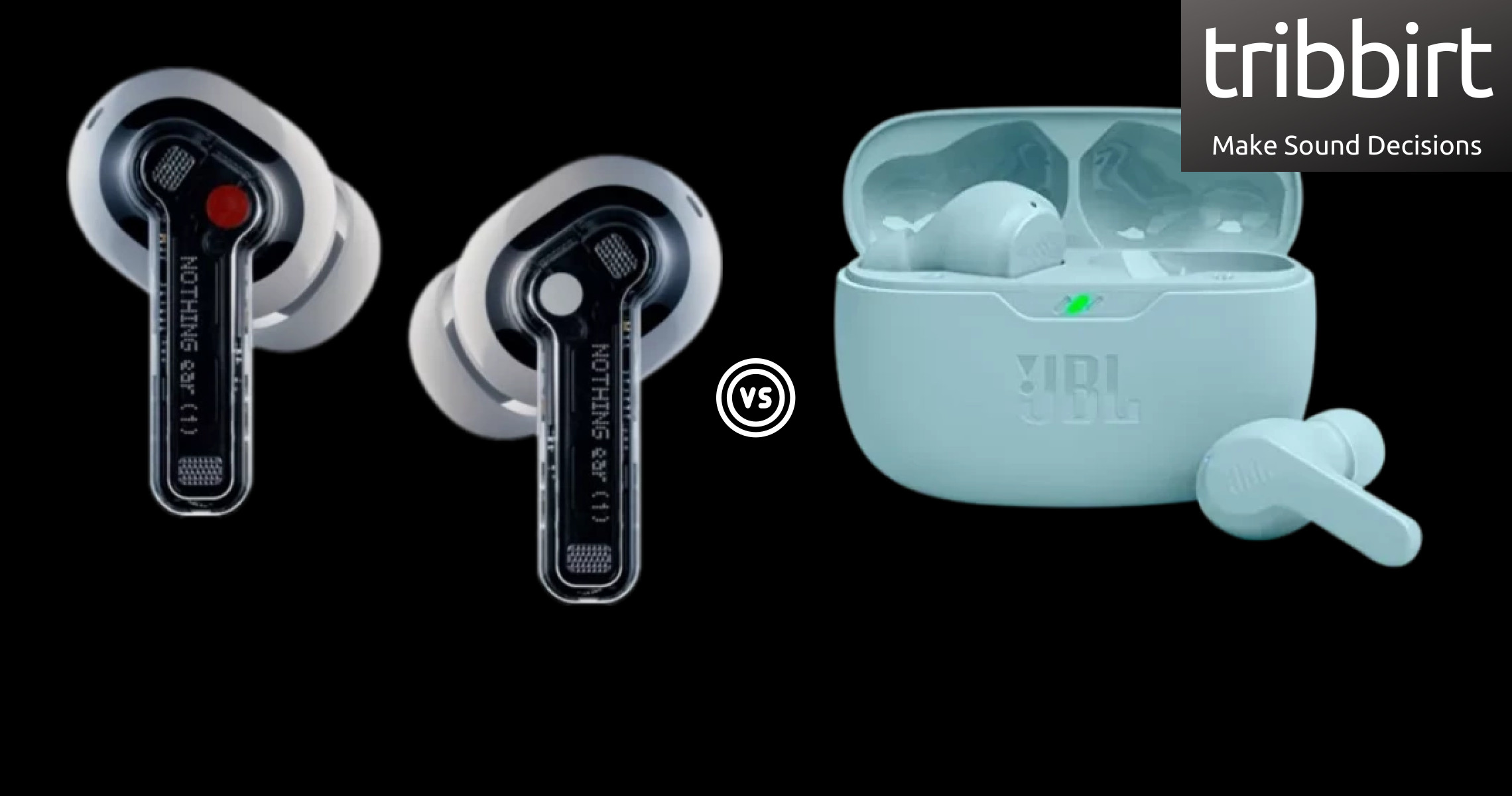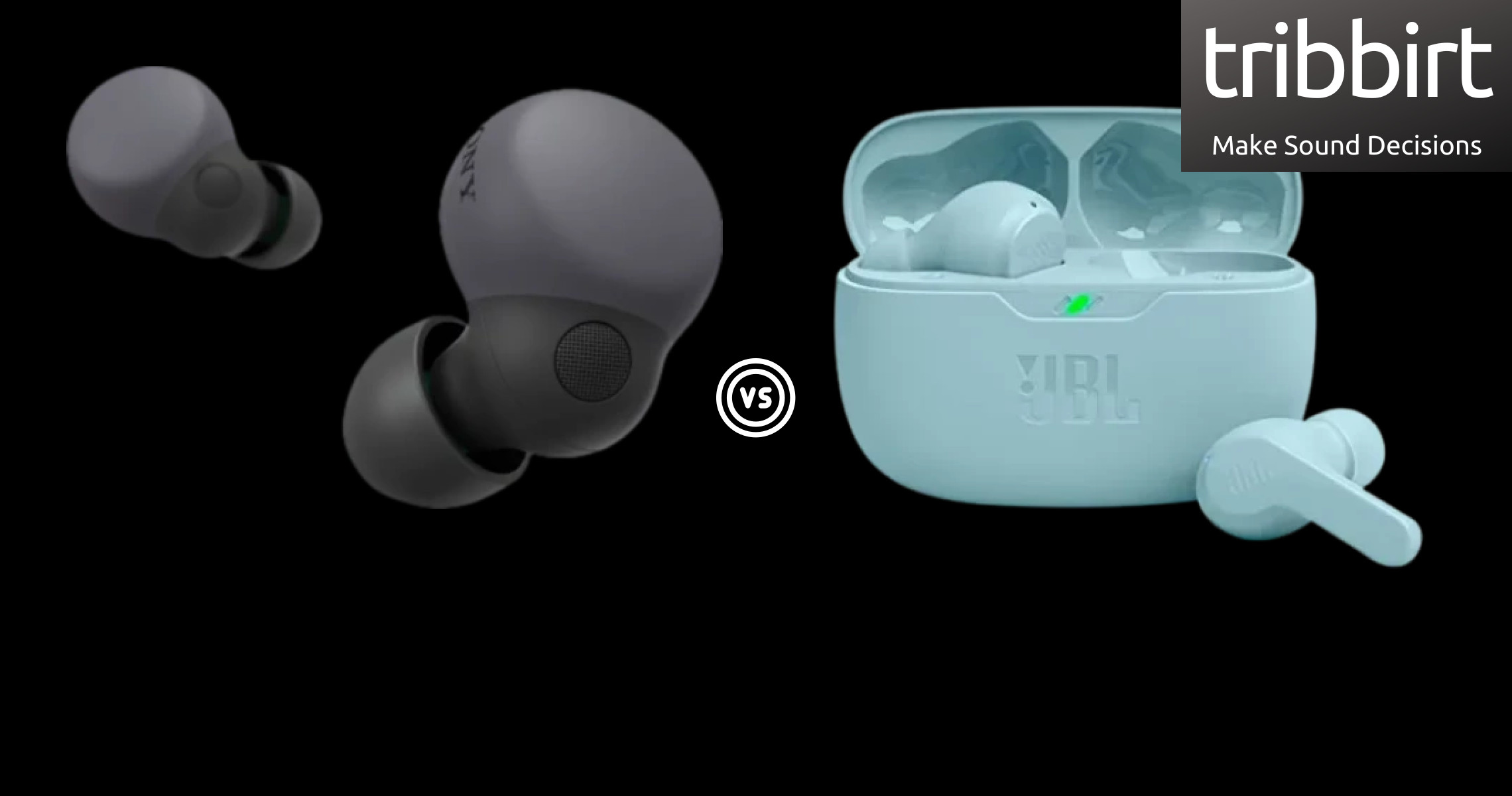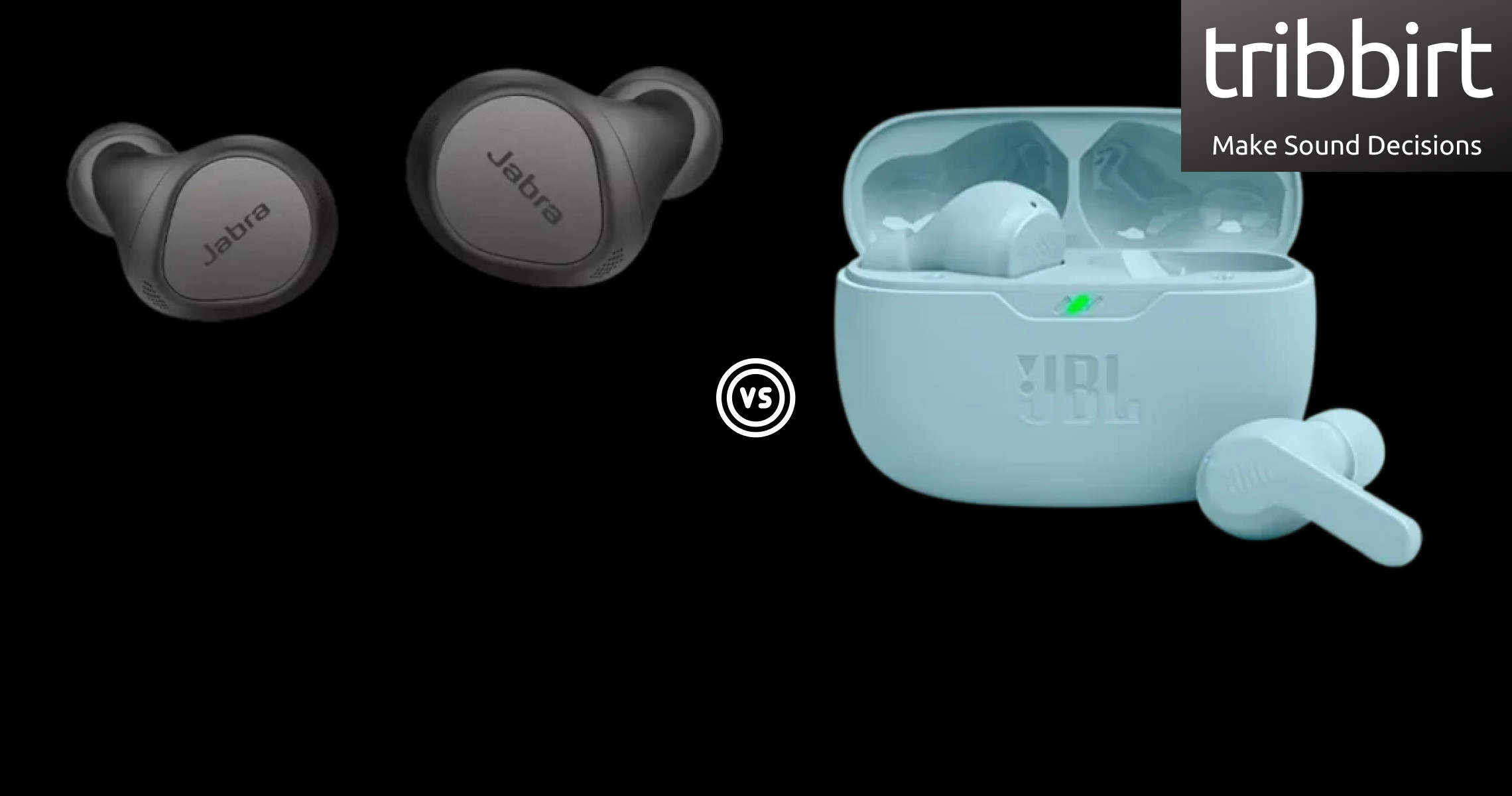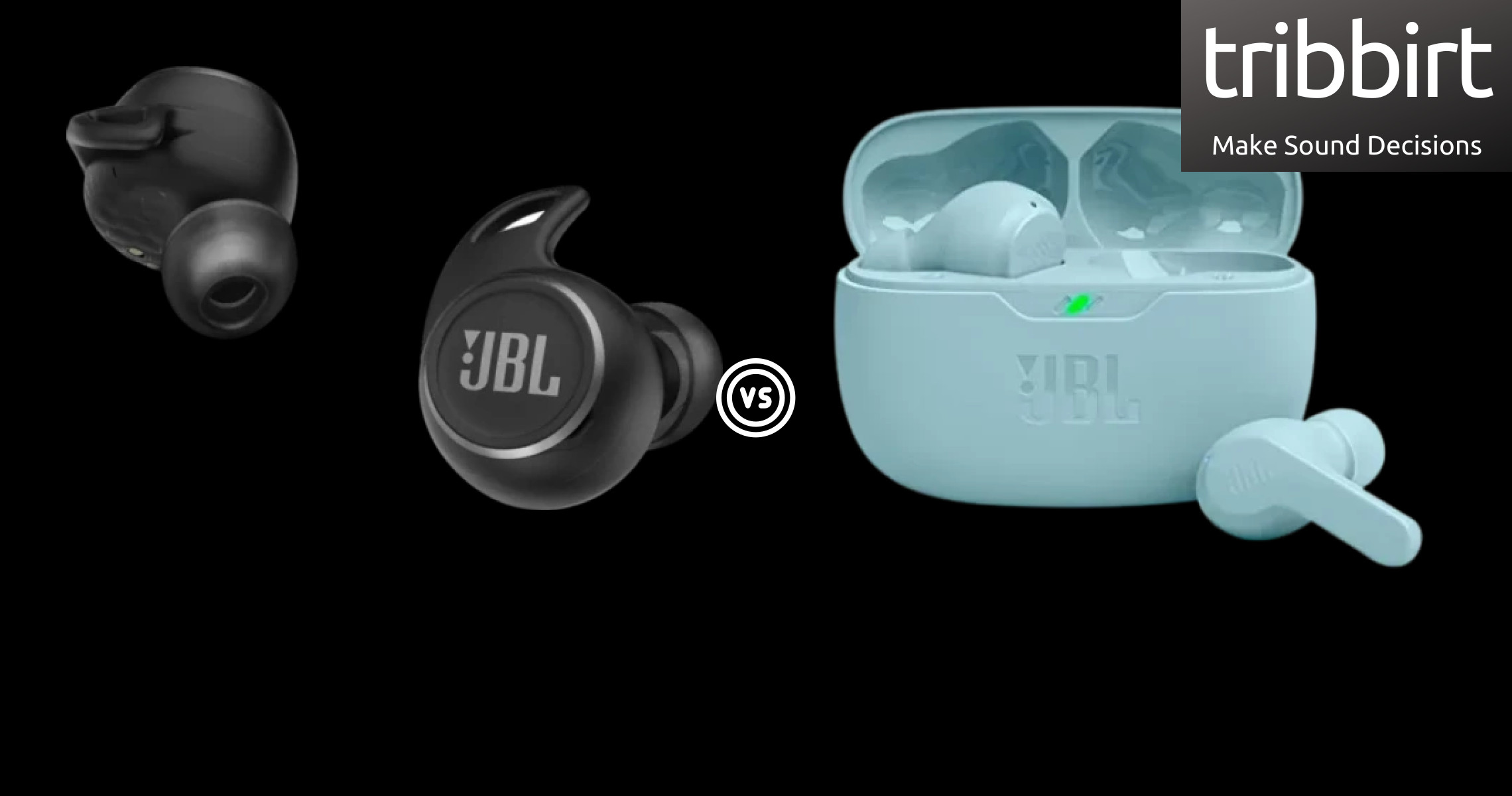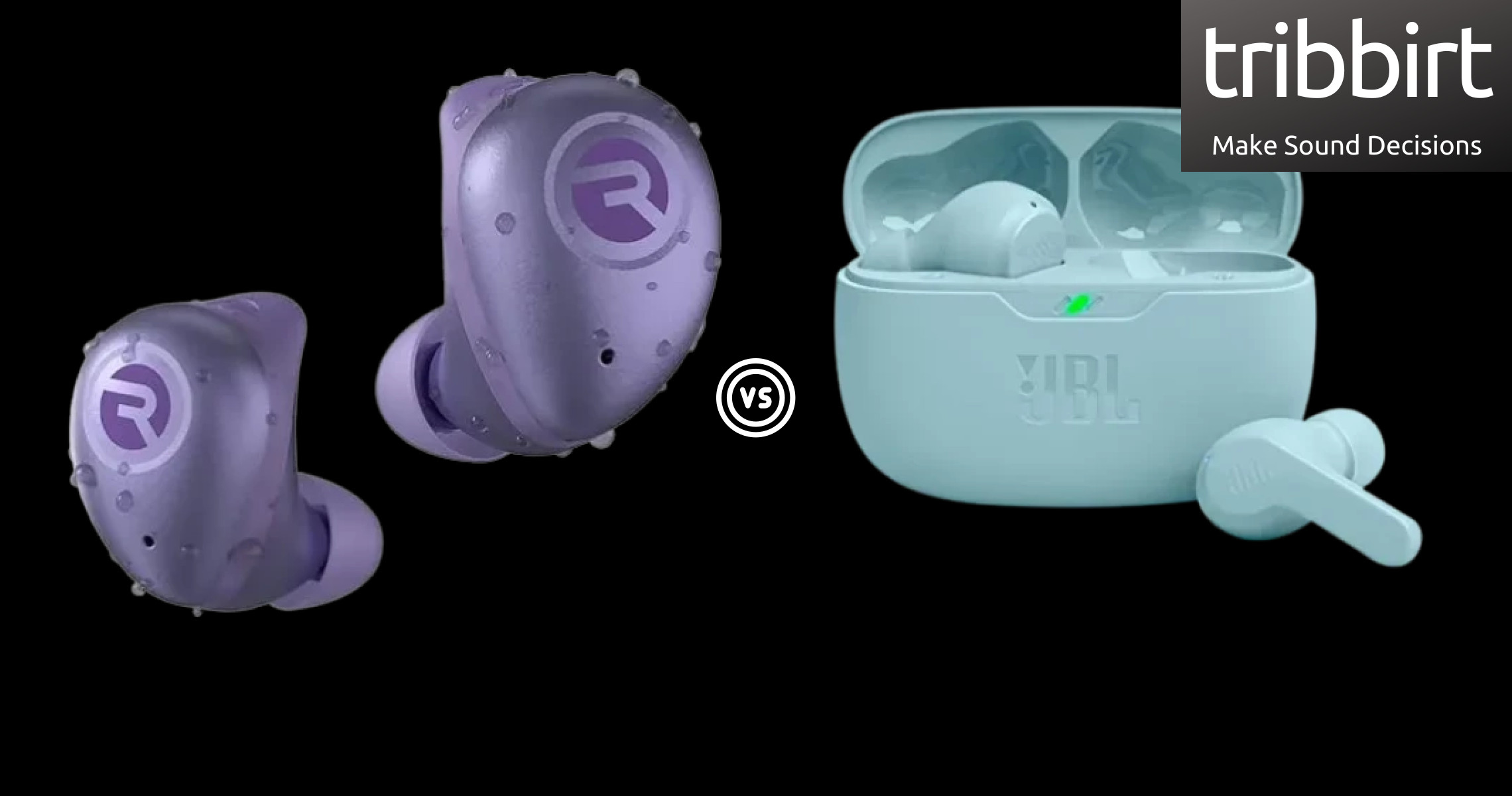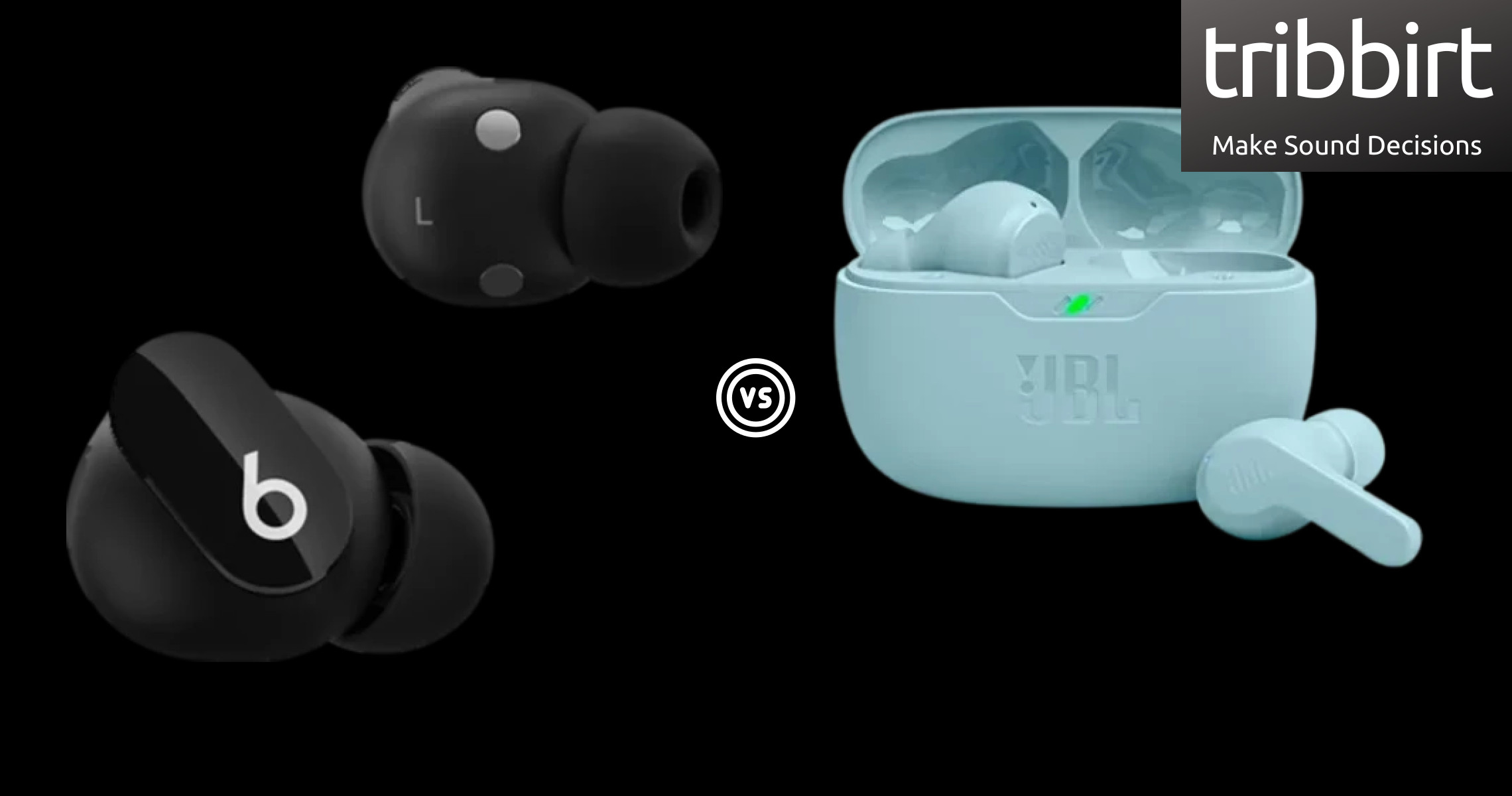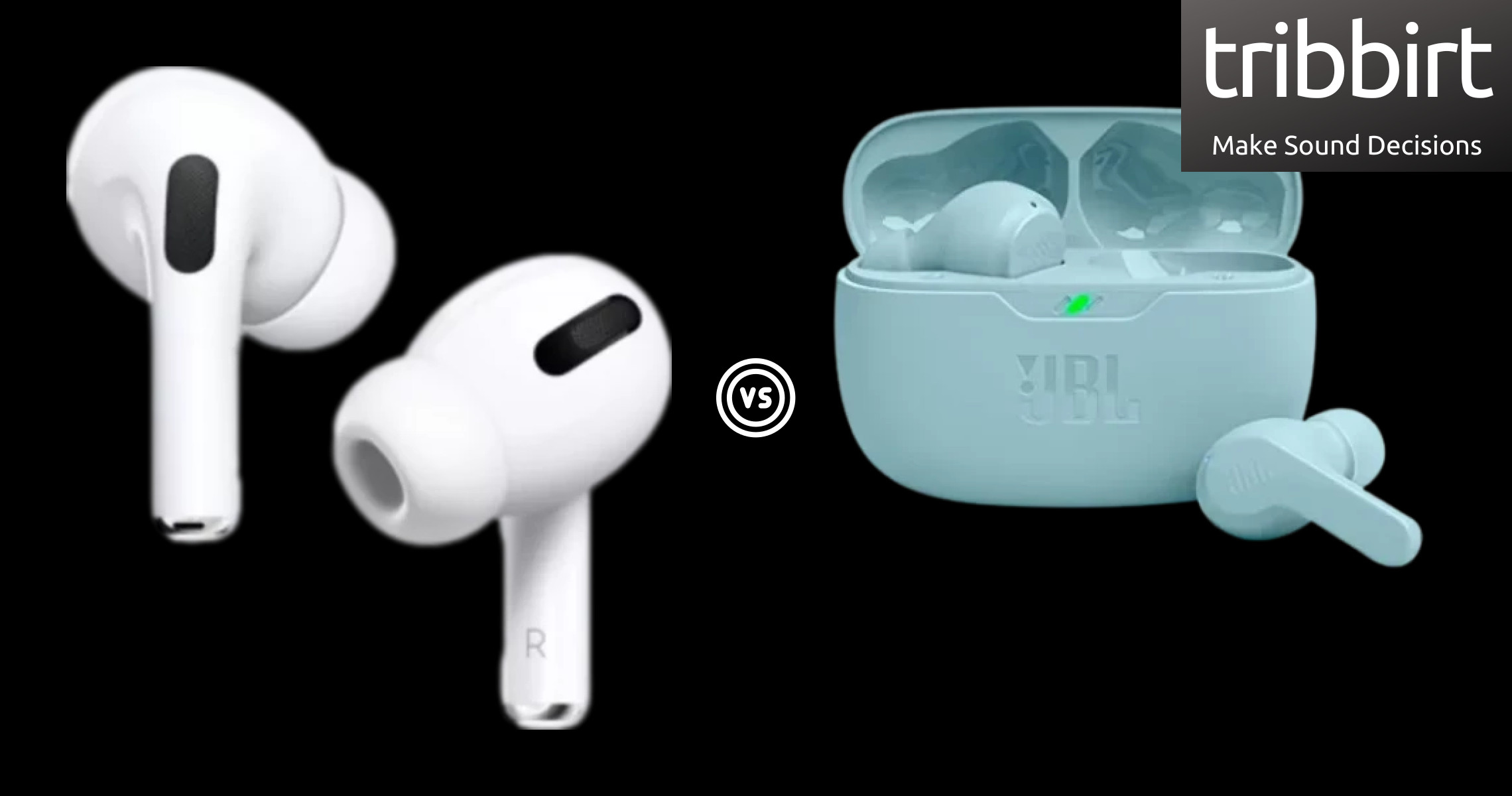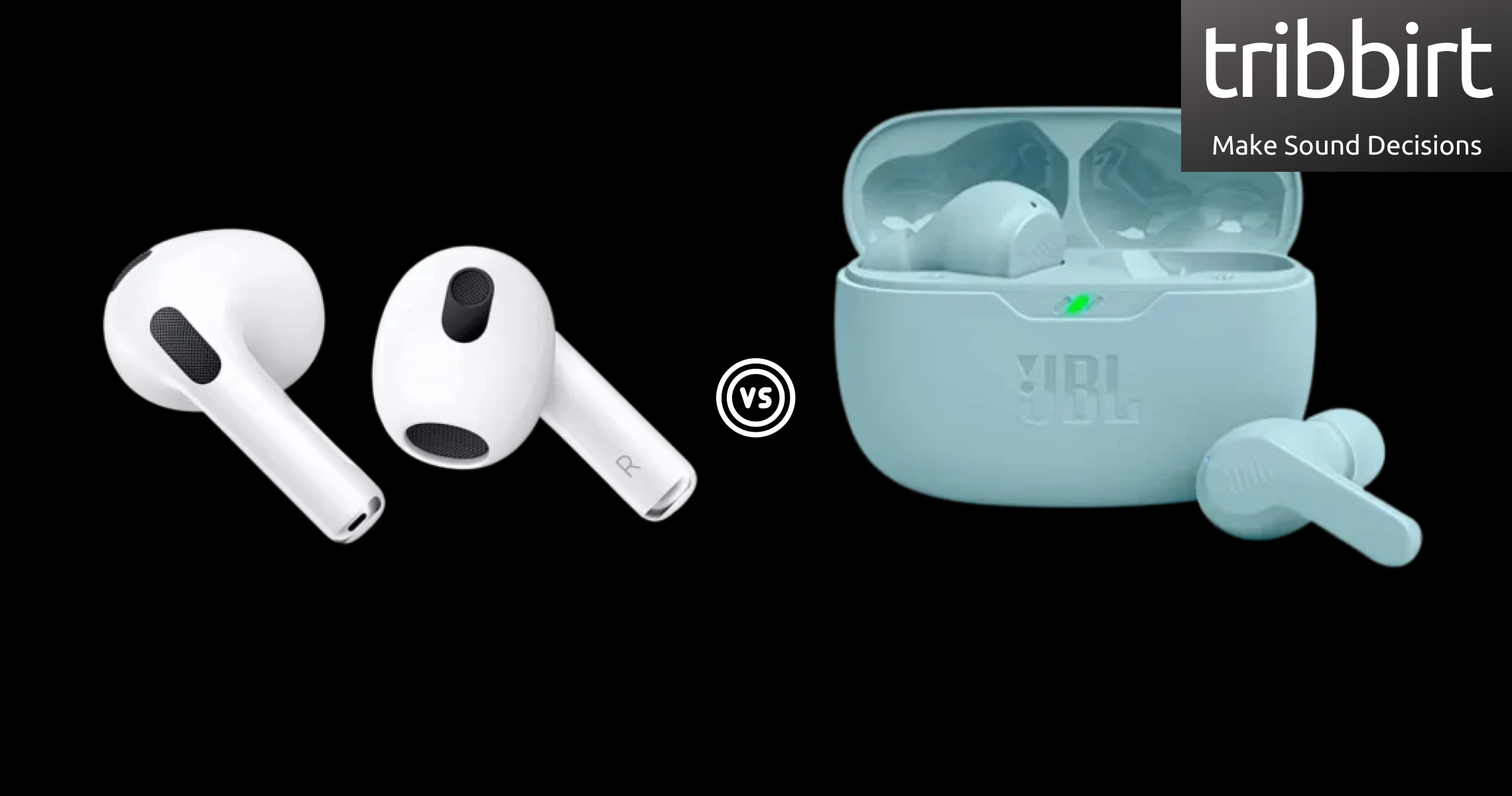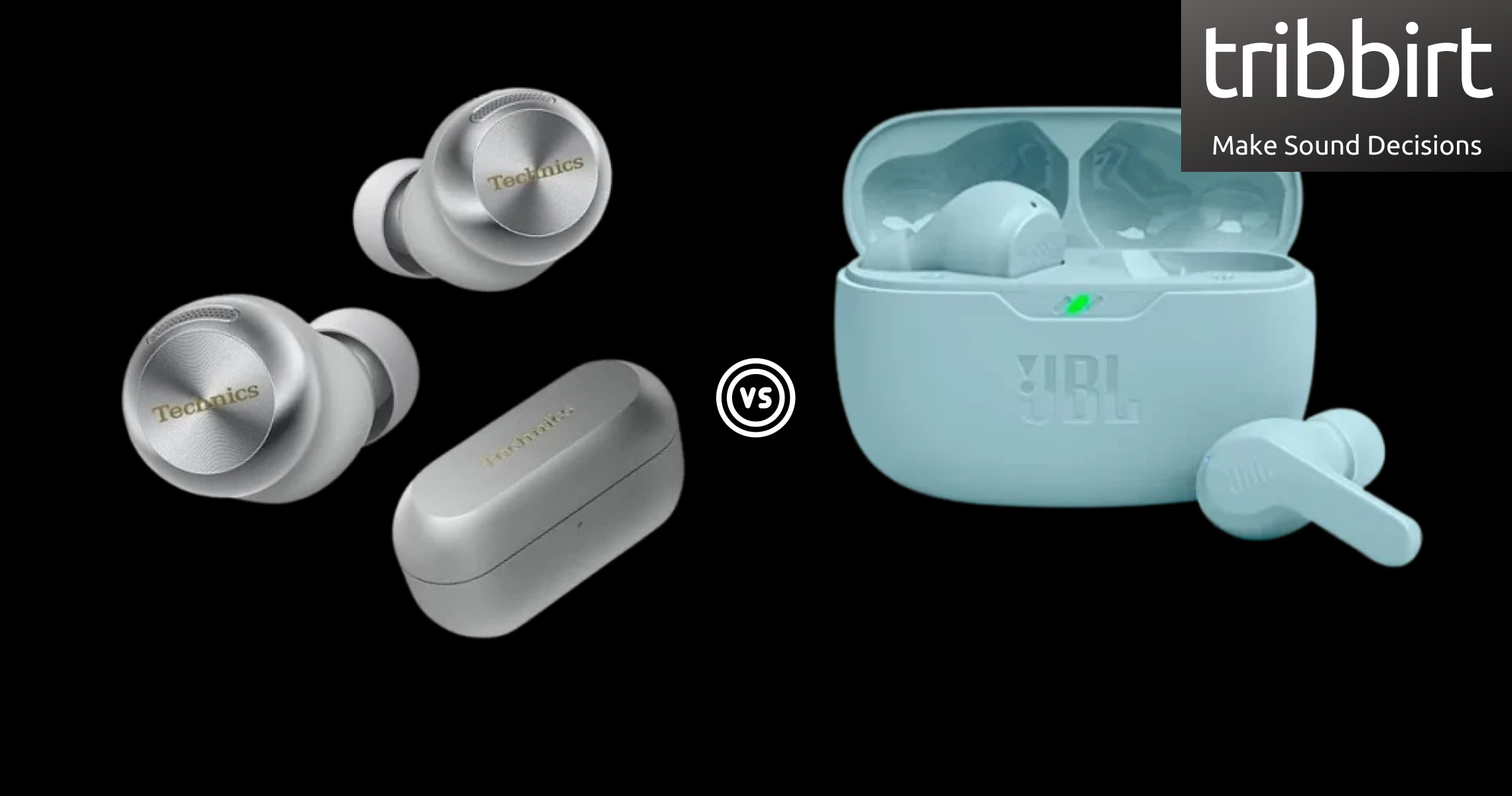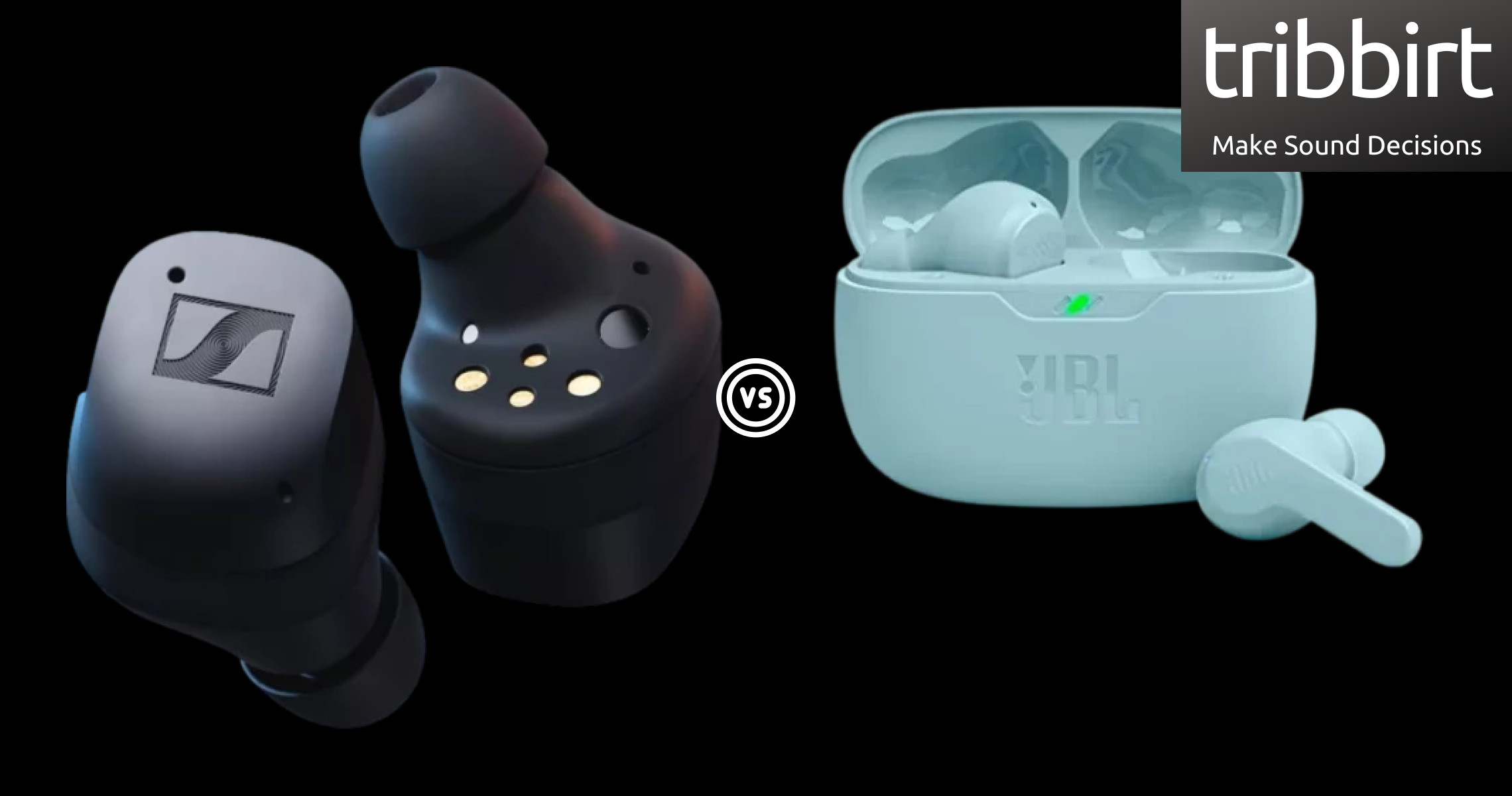Ingress protection ratings refer to the level of protection offered by a casing, against solids and water. The letters 'IP' are followed by two values The first value represents protection against solids such as dust, followed by the one that refers to resistance against liquids (water).
Having a value of IP54, the JBL Wave Beam's rating is read as, the first value of 5 denotes that ingress of dust is not totally prevented but dust does not enter in harmful quantities to interfere with the correct operation or impair safety, and of liquids that they can withstand low pressure spray similar to that of a shower head when tilted at 180° for 10 minutes. Compared to the JBL Wave Beam, Marshall Minor III have a rating of IPX4 meaning that
no data available to specify a protection rating
and that of liquids is that,
they both have the same rating against liquids
The JBL Wave Beam have a weight of 8.8g . We consider a lower weight best because lighter devices are more comfortable to move with.
Marshall Minor III, at 8g
are lighter than the JBL Wave Beam with a difference -0.8g
For a device to be true wireless it should have no cables connecting any part of the device together, JBL Wave Beam are true wireless for this case since they don't have cables. This is an important difference since wireless earbuds have wires connecting the 2 earbuds together. Marshall Minor III also is true wireless since it doesn't have cables connecting the pair of earbuds .
JBL Wave Beam are resistant to sweat
Marshall Minor III's resistance to sweat makes both devices fit for use while doing sports such as long-distance running, marathons, training in workout bodysuits, etc
JBL Wave Beam have stereo speakers, what this means is that JBL Wave Beam's speakers deliver sound from separate channels on both left and right sides, this creates a richer sound and a better listening experience.
Both Marshall Minor III and JBL Wave Beam have stereo speakers
Active noise cancellation uses advanced kind of tech to actively counter noise. How it works, it studies the sound pattern outside and inside the earbud and then generates a mirror signal to counter it. Simply put, it's like having +1 (sound from your surrounding) then adding -1 (counter sound by the device) giving 0 therefore "diluting" the noise.
The JBL Wave Beam have ANC allowing you to listen at lower volume levels, causing less ear fatigue since you don't have to crank up the device volume to outcompete background sounds. JBL Wave Beam stay well in place, creating an acoustic seal that reduces background sounds while preventing the device sound from leaking out at the same. The JBL Wave Beam driver unit is 8mm in diameter, bigger drivers are more powerful, and can produce better bass.
The driver unit is basically a mini speaker that makes sound in the earbuds, its size dictates the sound made by the earbuds. Marshall Minor III driver unit is 12mm in diameter,
making them have a larger driver unit than that of JBL Wave Beam by 4mm
, many people have a misconception that driver units of a bigger size automatically produce better sound quality.
However, large drivers usually have difficulty producing high frequencies so it's true that, larger drivers can generate louder sound, but this does not mean that they deliver better quality sound.
The JBL Wave Beam's lowest frequency is at 20Hz, low-frequency response inidcates how well an audio device generates low frequencies that can be heard, and if it alters the signal while at it. Marshall Minor III's lowest frequency is at 20Hz, this implies that
both devices produce equal bass
JBL Wave Beam's highest frequency is at 20,000Hz, high-frequency response measures if and how well a particular audio device makes high recognizable frequencies and if it makes any changes to the signal while at it. Marshall Minor III's highest frequency is at 20,000Hz, this means that
both devices generate equal treble
SPL, is the pressure level of sound, in decibels, dB, JBL Wave Beam's measurement is 100dB/mW.
Devices with a higher sound pressure level are generally louder when supplied with any given audio source. The JBL Wave Beam's battery life is 8 hours, these last longer than 5 hours of listening which is considered average for a single charge. A device's battery life is commonly given by the manufacturer, and with longer battery life, you get to use it for longer and requires fewer chargings.
Marshall Minor III's battery life is
less than that of JBL Wave Beam by 3 hours
. Each time you recharge your device, they get a little less playing time. The effect is not noticeable at first, but over a few years, your wireless earbuds will have shorter listening time. The battery life of the charging case is given by the manufacturer, and JBL Wave Beam's case has a full charge of 24 hours.
A charging case with more battery hours allows you to recharge your earbuds on the go several times before recharging the case itself. Marshall Minor III's charging case has a battery life of 25 hours,
more than that of JBL Wave Beam by 1 hours
It takes 2 hours to fully charge the JBL Wave Beam's battery. It is highly adivsable to fully charge the battery before using the earbuds when they have been in storage for long periods.
Marshall Minor III takes 1.5 hours to fully charge the battery,
less than that of JBL Wave Beam by 0.5 hours
The JBL Wave Beam have a battery level indicator, an indicator shows you when the earbuds has a low battery. Its lights indicate the charging status of your device and charging case. Marshall Minor III too have a battery level indicator, charging indicators allow you determine the charging state of your earbuds, if charged fully, or the battery is running low.
The JBL Wave Beam support USB TYPE-C, a standard connector for transmitting both data and power through a single cable. Marshall Minor III too support USB TYPE-C. This USB-C plug is part and parcel of most current laptops, phones, and tablets.
JBL Wave Beam have Bluetooth version of 5.2, Bluetooth is a wireless technology standard that allows data movement between devices placed in close proximity, using short-wavelength, ultra-high frequency radio waves. Marshall Minor III has a Bluetooth version of 5.2,
equal to that of the JBL Wave Beam
. Newer versions provide faster data transfers. JBL Wave Beam have a 10meters distance connecting via Bluetooth.
Marshall Minor III have a maximum range of 10meters,
equal to that of the JBL Wave Beam
JBL Wave Beam have 2 microphones. The Marshall Minor III microphones are 2,
equal to that of the JBL Wave Beam
. More microphones record better sound quality and enable the earbuds to filter out noise. The JBL Wave Beam have a noise-canceling microphone, these microphones are designed to reduce background sounds from the desired sound.
The JBL Wave Beam support ambient sound mode, which uses microphones to channel ambient noises so that they can still be heard even while wearing them
If misplaced in a room, or can't be found in your bag, the JBL Wave Beam support the find earbuds feature. The JBL Wave Beam support fast charging. Usually, technologies like Qualcomm’s Quick Charge, are used to lower the amount of time it takes to charge the earbuds.
The Marshall Minor III support fast charging. It's very similar to regular charging, just that the battery is filling up much faster. For example, with Quick Charge 3.0, the battery is charged to 50% in just thirty minutes.
JBL Wave Beam have a mute function, they have the option to mute/unmute a conversation directly from the device. The Marshall Minor III also support the mute function. It means that you are in position turn off the earbuds' microphone, but you can still hear the other party's voice.
With the JBL Wave Beam, so you can easily access the volume control, pause, play, mute, etc whichever functions are supported on the device. The Marshall Minor III also have a control panel on them. The JBL Wave Beam support voice prompts.
Automatically receive information through audio messages, say if there is a problem with the connection. Marshall Minor III too support voice prompts .i.e the earbuds will notify you if the battery is running low, and you need to recharge them. JBL Wave Beam come with their own special pouch.
Carrying earphones without a case, or putting them inside your bag without a cover can easily put them at risk of getting damaged. Marshall Minor III too have a case included, which is useful for safe transportation.
